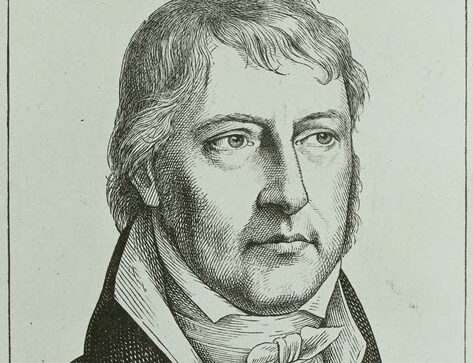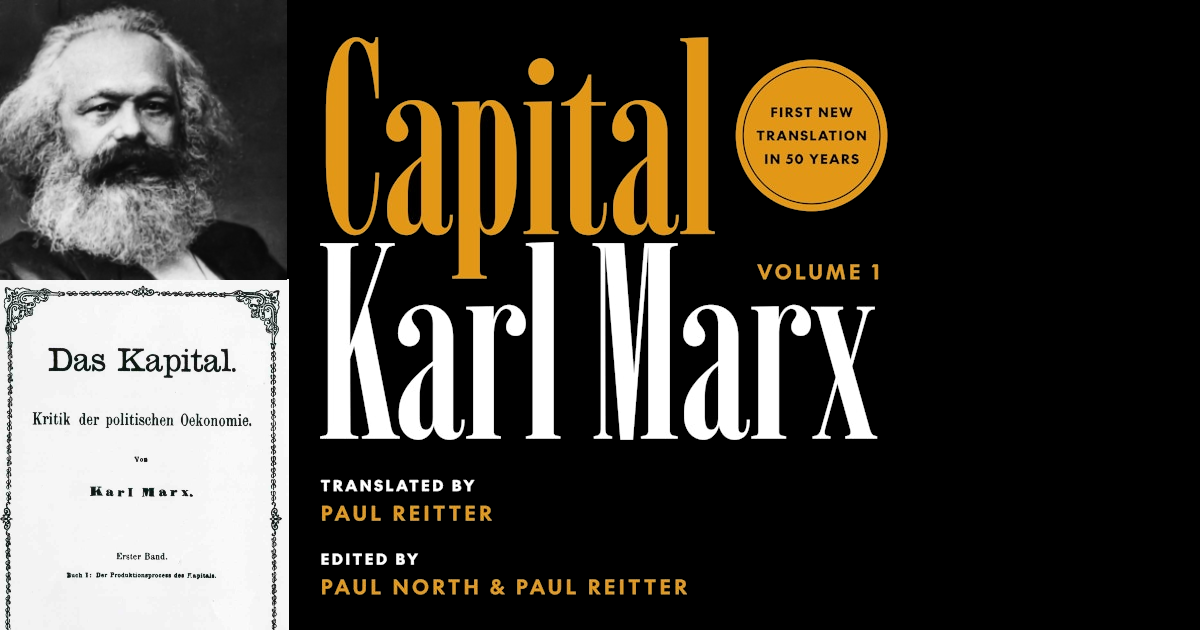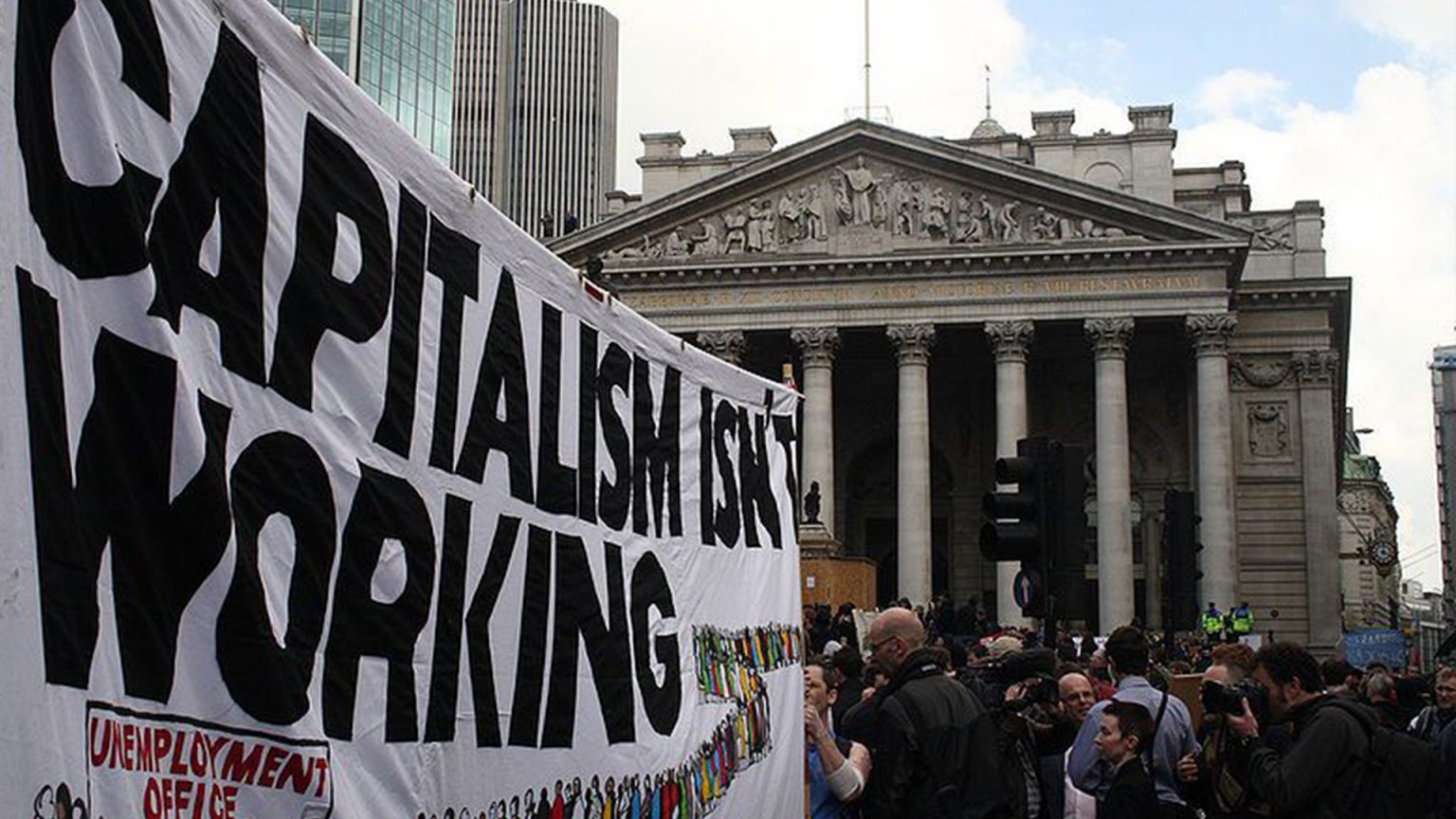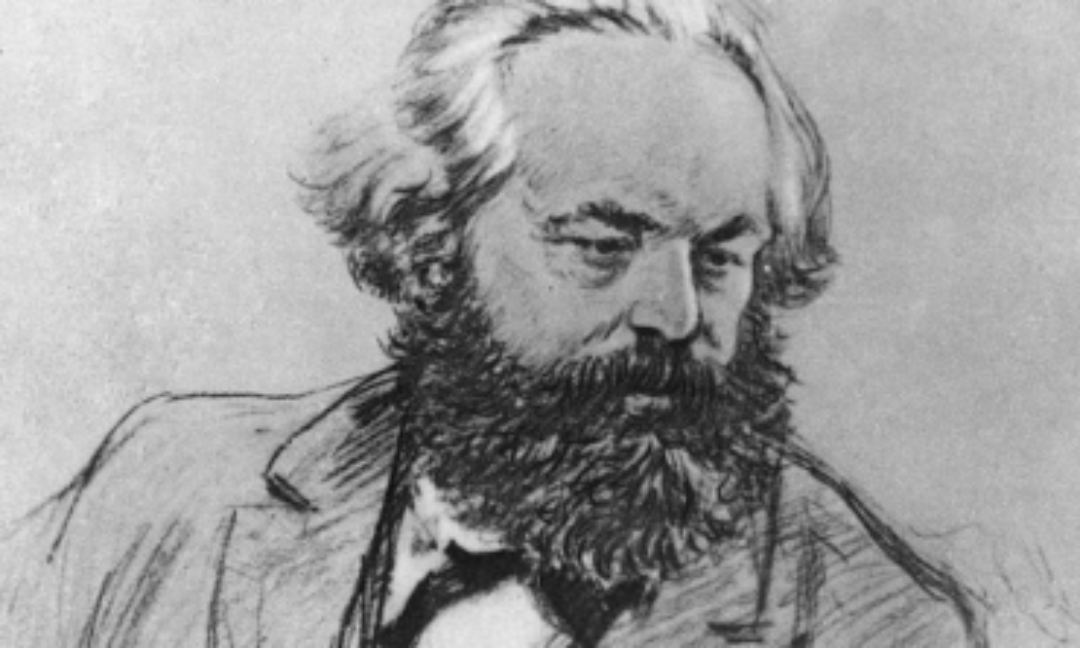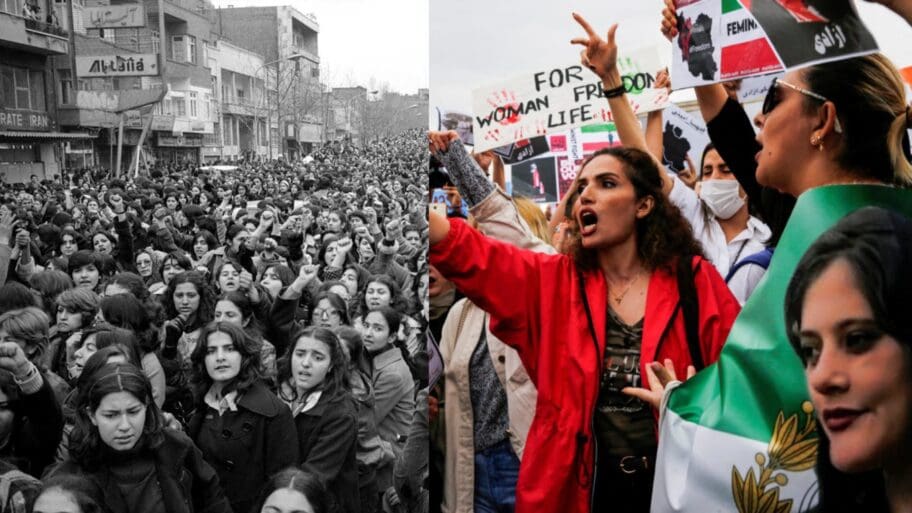_Seasons
Hegel’s ‘Science of Logic’ – An Epilogue and a Prologue
Hegel for Radicals concludes the current series with a nine-week course co-hosted by Alex Steinberg and Matthew Strauss. We are reading the Introduction and Preliminary Concepts from Hegel’s Encyclopedia Logic, sometimes called “The Shorter Logic.” This material can stand alone as an Introduction to Hegel’s magnum opus, The Science of Logic. But for those who have already studied the Science of Logic with us this can serve as completion of the Circle of the dialectic.
Translating ‘Capital’ for the 21st Century
Online: Zoom link will be provided to registered participantsThe appearance of a new English-language edition of Marx's Capital, Volume I, translated and edited by Paul Reitter and Paul North, has been a momentous occasion. Join a conversation with Reitter, North, and noted Marx scholar Michael Heinrich on the challenges of translating Marx for 21st century readers, the weaknesses and strengths of earlier translations, and the ways the new edition can help us understand Marx's analyses of capital and value.
Reading Marx’s Capital, Volume III
Online: Zoom link will be provided to registered participantsA weekly study group covering Marx's Capital, Volume III, The Process of Capitalist Production as a Whole. This work integrates and completes Marx's analysis, enabling us to understand and make sense of how the phenomena we see occurring on the surface of society are related to the underlying system of capitalism.
Marx Miniseries: The ‘Resultate’
Online: Zoom link will be provided to registered participantsThe MEP's Capital Studies Group presents a miniseries on the chapter Marx omitted from published editions of Capital. Titled "Results of the Immediate Process of Production" and often referred to by the German 'Resultate', this long chapter can be read as a bridge between volumes 1 and 2 of Capital.
Reading Gramsci for Today’s Movements
Online: Zoom link will be provided to registered participantsAn ongoing study group on the Prison Notebooks and other works of Antonio Gramsci. We explore Gramsci's themes and concepts, including state-civil society relations, historical bloc, hegemony, spontaneity, strategy and tactic, and language. We follow Gramsci’s philological method, addressing such areas as linguistics, cinema, critical theory, literature, journalism, comics, animation, plastic arts, mass media and Machiavellian political studies.

